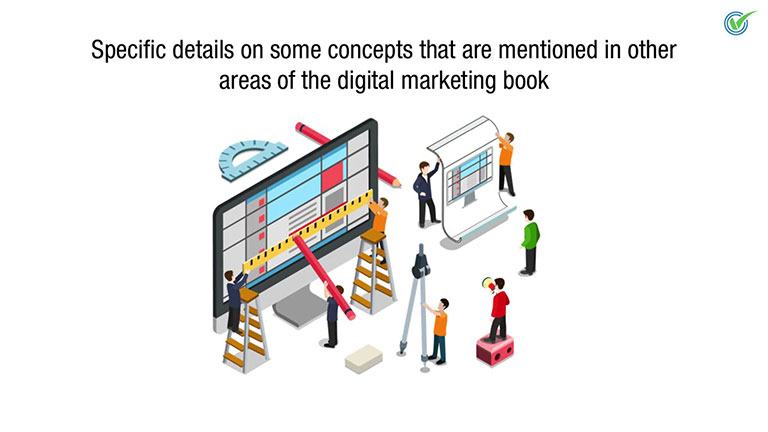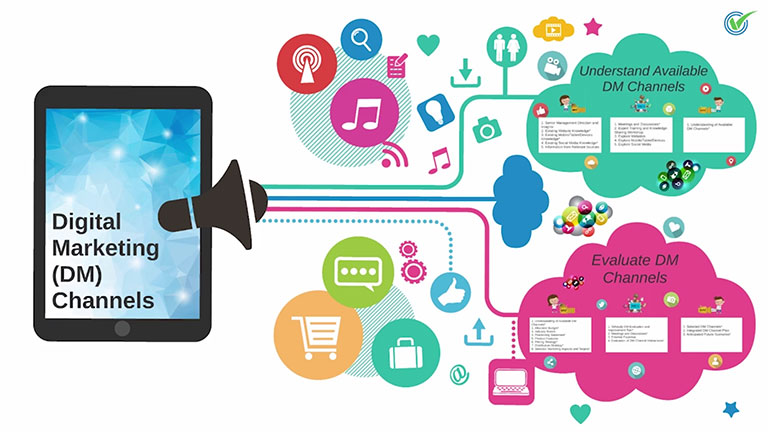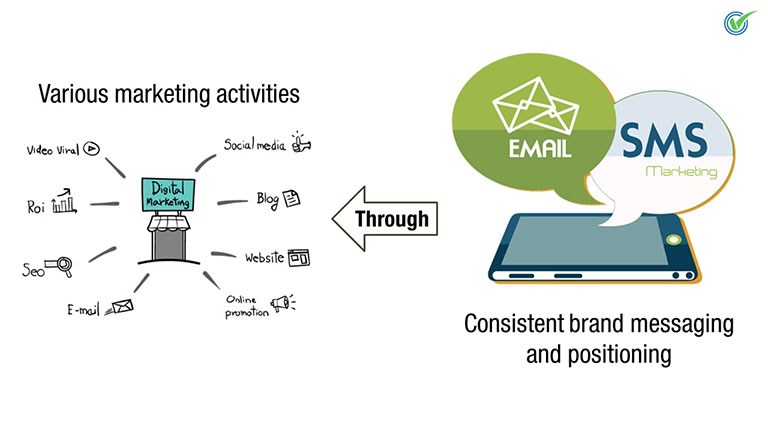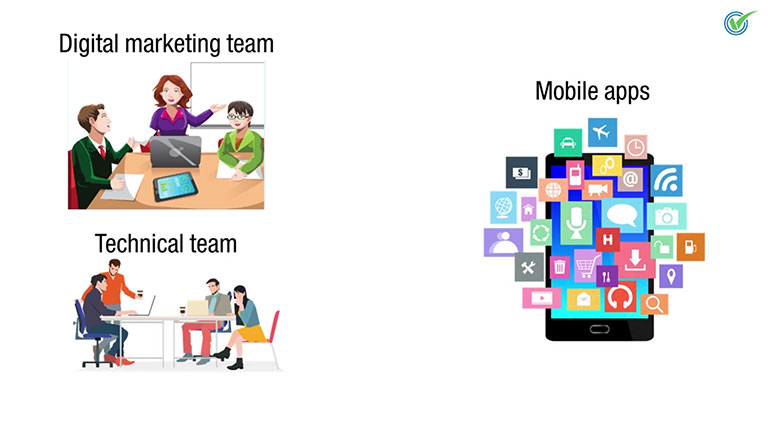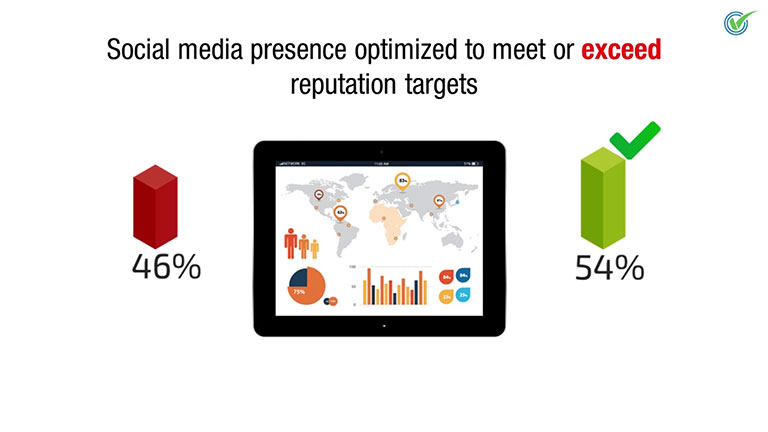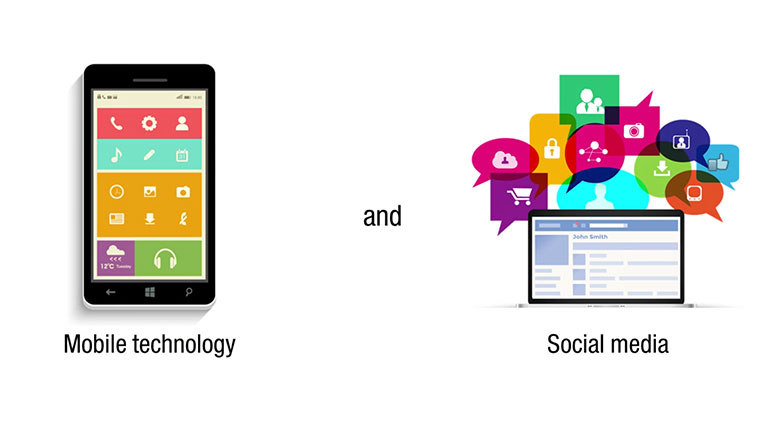SMstudy® Certified Digital Marketing Professionals facilitate well-planned digital marketing strategies to meet the targets set by the overall Marketing Strategy. Given the nature of the constantly evolving online world - with new channels developing with greater frequency, and audiences exploring new sources of online content- Digital Marketing is one of the most crucial aspects of sales and marketing.
The two-day course is designed for participants who wish to undergo a quick but effective course on Digital Marketing (DM). This course is delivered using the case-study method and includes sessions on Digital Marketing theory which are equally interspersed with case-study discussions and activities.
| Topics | ||
|---|---|---|
| Day 1 | Overview of DM: This session provides the purpose and framework of the DMBOK® Guide; an overview of the Aspects of Sales and Marketing; the Digital Marketing certification schema; and a brief history of Digital Marketing. |
Overview of DM
|
| Overview of DM Elements: This session describes the various Digital Marketing elements in brief—e-mail marketing, web analytics, search marketing, popular social media platforms, affiliate marketing, and search engine optimization. |
Overview of DM Elements
|
|
| Case Study—EduToys Introduction: Participants will be split into groups and will work together to solve an end-to-end case study called EduToys, which is about a toy company launching its presence in the digital marketing space. | ||
| How Marketing Strategy drives Digital Marketing: This session discusses the overview of Marketing Strategy as per the MSBOK® Guide and describes the outputs from Marketing Strategy that are required to drive Digital Marketing. |
How Marketing Strategy drives Digital Marketing
|
|
| Understand and Evaluate DM Channels: This session provides an understanding of DM channels such as website, mobile devices, and social media. It focuses on tools used to identify and understand the dynamics of all available Digital Marketing channels. |
Understand and Evaluate DM Channels
|
|
| Plan and Develop DM Channels: This session covers the processes associated with planning and developing DM channels. It includes specific steps required to create an effective website; develop an effective mobile site or app; build an effective social media presence; and set targets for each of them. |
Plan and Develop DM Channels
|
|
| Homework: Self -study online from SMstudy subscription about how DM Channels can be effectively used. Work in teams and discuss DM channels assigned to your team. | ||
| Day 2 | ||
| Optimize Website: This session takes a close look at the first DM channel—the website. Once the website has been created, it is critical to ensure that it is optimized to achieve maximum reach; build strong relationships with customers; and support the company’s reputation. Some of the important tools discussed in this section include search engine optimization, search engine marketing, and website analytics among others. |
Optimize Website
|
|
| Optimize Mobile/Tablet/Devices: The mobile channel, which includes both the mobile site and mobile app, is discussed in detail in this session. It focuses on optimizing the mobile channel to achieve maximum reach; build and enhance relationships with customers; and support the company’s reputation. Important tools discussed for mobile site or app optimization include mobile analytics, mobile app updates, and search engine advertising among others. |
Optimize Mobile/Tablet/Devices
|
|
| Optimize Social Media: This session describes the steps required to optimize a company’s presence on various social media platforms such as Facebook, LinkedIn, Twitter, YouTube, Pinterest, and Instagram. Important tools discussed for optimizing social media for reach, relationship, and reputation include social media advertising, sentiment analysis, and guest blogging among others. |
Optimize Social Media
|
|
Important Elements of DM Channels: This section discusses DM elements in detail and its application to the EduToys case study and to your company. The following elements should be considered while creating a comprehensive Digital Marketing strategy:
|
Introduction to Scrum
|
|


